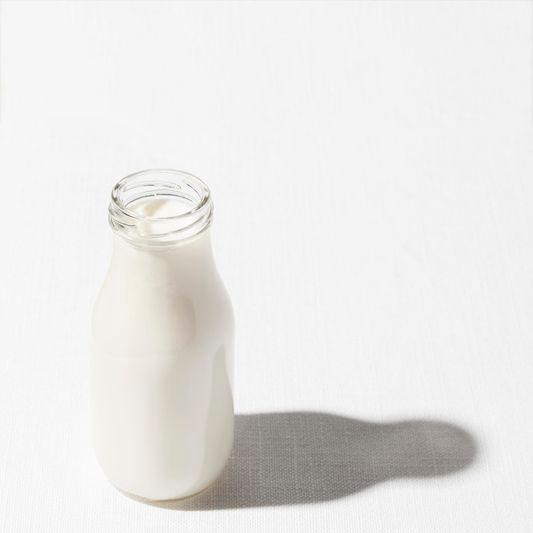PETALING JAYA: International Islamic University Malaysia Family Medicine Department Assoc Prof Dr Nurjasmine Aida Jamani has said the concept of human milk banks (HMB) is relatively new in Malaysia and faces several cultural, societal and religious barriers.
Nurjasmine Aida, who is also an international board-certified lactation consultant, said unlike in Western countries where HMB are widely accepted and utilised, Malaysia’s acceptance is hindered by misconceptions, religious concerns and a lack of awareness.
“Malaysian parents recognise the health benefits of breast milk for infants. However, many women are unaware of the purpose and benefits of HMB, often confusing them with informal milk sharing among relatives or friends.”
A cross-sectional study conducted in May last year by the Universiti Malaya Social and Preventive Medicine Department and led by Dr Kalaashini Ramachandran, Dr Maznah Dahlui and Dr Nik Daliana Nik Farid surveyed 367 participants to assess the acceptability of HMB.
The study found 279 new mothers were willing to use milk from known donors while 88 were not. For unknown donors, only 93 were willing and 274 were not.
Regarding donations, 331 participants were willing to donate milk to known recipients while 36 were not. For unknown recipients, 191 participants were willing to donate and 176 were not.
Nurjasmine Aida said mothers were concerned about the health status of unknown donors and safety of the milk.
“HMB involve stringent procedures and protocols to ensure the safety and quality of donor milk. The protocols include donor recruitment, milk collection, storage, pasteurisation and microbial testing.
“While HMB offer a temporary solution for parents who cannot provide sufficient breast milk, concerns about milk kinship, safety and cultural acceptance are drawbacks.”
She said religious beliefs significantly influence attitudes towards HMB in Malaysia and many Muslim-majority countries.
“For Muslim women, the issue of milk kinship is a concern. Islamic law requires the identities of donors and recipients be known and documented to prevent lineage problems and concerns about incest.
“Proper documentation and guidelines could address these concerns. Cultural perspectives also play a role, with some women mistrusting milk donors or recipients from different ethnic backgrounds.”
She said milk kinship, which arises from the sharing of human milk, creates a familial bond that has implications for marriage and other social relationships.
“The concern is particularly prominent among Muslims as milk kinship results in permanent marital restrictions. Islamic scholars debate the acceptability of HMB, leading to resistance within the Muslim community.”
Nurjasmine Aida said understanding such barriers is crucial to developing strategies to improve the acceptance and effectiveness of HMB in the country.
“Dispelling misconceptions through education and awareness campaigns is essential to gaining broader acceptance.
“The campaigns should address cultural sensitivities and ethical concerns related to human milk donation and sharing to promote the use of pasteurised donor human milk and recruit donors.”
She also said policymakers should create a clear regulatory framework to ensure safety and quality standards, making HMB more acceptable to the public and healthcare providers.
“Most HMB operate within hospitals, integrating with neonatal and postnatal care services. Although initial costs are high, the long-term health benefits of breast milk for premature babies could lead to future savings. Government and hospital leadership support is crucial in providing the necessary resources and funding.
“By learning from the successes of other countries and adopting such strategies, HMB could become a valuable resource for improving health outcomes of premature and sick babies.”









